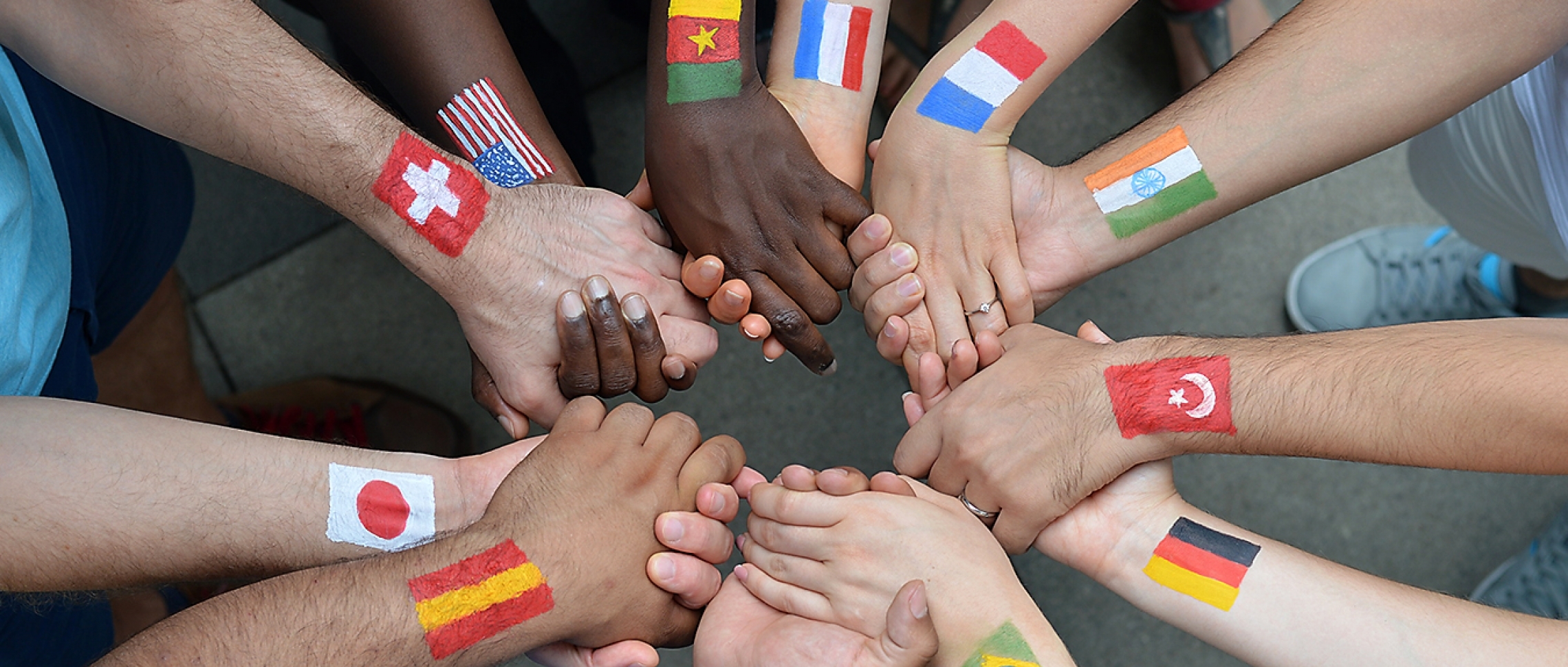Skills Every Multi-Cultural Manager Needs
Medical Pharmaceutical Translations • Sep 28, 2018 12:00:00 AM

Today’s diverse work environment requires knowledge and insights from participants with diverse backgrounds. When the global market is this competitive, organizations are wise to revisit—and possibly restructure— their organization to gain a competitive edge. Doing this requires building teams that are up for the global challenge. This also requires a manager who can lead multicultural teams and highlight their inventiveness, fresh perspectives, and different takes on problem solving; a leader who can teach team members how to skillfully communicate to reach common goals. This isn’t always easy. Coworkers these days are often physically separated by geographical, linguistic and cultural boundaries. Even if your team members aren’t separated by anything other than a few office walls, here are some skills that every multi-cultural manager needs to guarantee success.
Be the first to appreciate and lead by example. For a company to be successful in the global marketplace, its managers must appreciate individual differences. Every culture has its own way of going about their daily lives. Different age groups tackle ideas, projects and meetings differently. English may not be every one of your employees’ first language. Appreciating all that people bring to the table is by far the first step a multicultural manager should take.
Plus, leading by example builds trust, camaraderie, a shared sense of purpose and morale among team members. It starts with you as a team leader. Your job is to provide guidance, understanding, acceptance, encouragement and perseverance. Being a responsible and effective leader starts by leading with your own actions.
Next, establish an all-inclusive mentality. This is important when gathering together a diverse group of people. Communicate a clear, inclusive overall objective and make sure everyone knows each person’s role, responsibilities and expectations. Make sure everyone in your group knows why each member of the team is there. And reiterate that the team’s success relies on all members mutually trusting and respecting one another. Emphasizing this helps ensure everyone knows they are valuable; their insights and opinions matter and participation is encouraged.
Create some ground rules. Decide when meetings should be held and stress the company culture’s desire for punctuality and adherence to timeframes and deadlines. Not all cultures will perceive these the same. Some view punctuality as rude and tardiness as “normal.” They may need to be reminded of the rules more often. Over time, they will become accustomed to being on time.
Respect differences. Always. Be sure your team concentrates more on the unique ideas and experiences contributed by each of its members. Instead of focusing on attributes such as age, race, culture, nationality, language, gender, religion and physical attributes, respect individual differences and create a shared sense of purpose without reducing the uniqueness of any individual members.
When interacting with people from different cultures, you will be exposed to non-verbal expressions, practices, sayings, beliefs, and customs that are very different from what you are used to. Think carefully before reacting. Often attitudes are based on sound reasoning that you should try to understand or embrace. Consider asking questions and learning from them as a way to open communication and understanding.
Handle conflict before it begins. Remember different backgrounds affect how a team operates. While a certain level of disagreement is healthy for a team, these differences can sometime prevent people from cooperating. Conflict and negative team behavior can negatively impact morale and team effectiveness. In these situations, a manager must step in. The best way to prevent these problems is to proactively teach members strategies to resolve conflicts on their own and in a respectful manner. Encourage them to work confidently despite their differences.
Ensure complete understanding. To avoid the many opportunities for confusion within multicultural teams, strive for complete understanding. Avoid jargon, sayings, and expressions that can be easily misunderstood in all forms of communication whether through an email, a handout or a meeting. Be specific, concise. Ask questions to ensure understanding. When non-native English speakers or language interpreters are present, speak slowly and choose your words wisely.
Encourage participation and feedback. Encourage participation and feedback by underscoring the value of each team member. Be sure your team knows their contributions are vital to the success of the team. Welcome each member’s opinions and suggestions. Be alert to your own and others’ non-verbal cues that could be misconstrued. Actively listen and analyze what others have said before you respond. Keep in mind that lack of participation may mean they are less invested.
Remember communication styles can vary greatly within a team. Some cultures and personality types are quieter while others are more talkative. Each type is valuable within a team. However, when working in a team, managers must be aware of those differences and be sure to give those who may be more reserved an equal opportunity to speak in meetings. If they are still reluctant, give them another way to communicate their thoughts and suggestions. Perhaps an email or a private meeting or even an anonymous lunchroom suggestion box.
Managing multi-cultural workplaces can be a challenging endeavor. Once you have really listened and mastered the skill of juggling many personalities, differences and all the strengths and challenges that they bring, you will have a strong, cohesive team which will inevitably make a huge, positive difference to the success of your company’s global innovation projects and processes.
By Ilona Knudson
#translations #multicultural #workplacediversity #multiculturalmanager #aiatranslations
